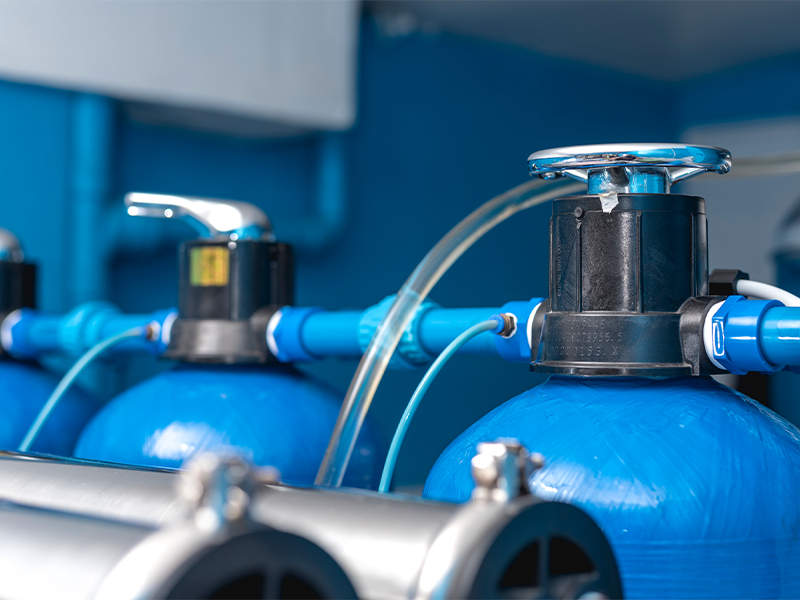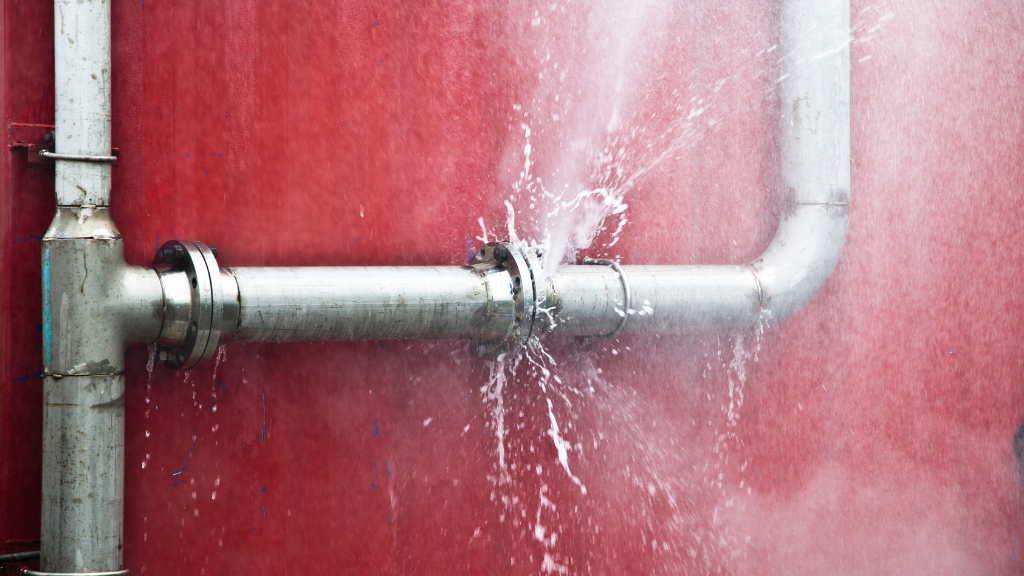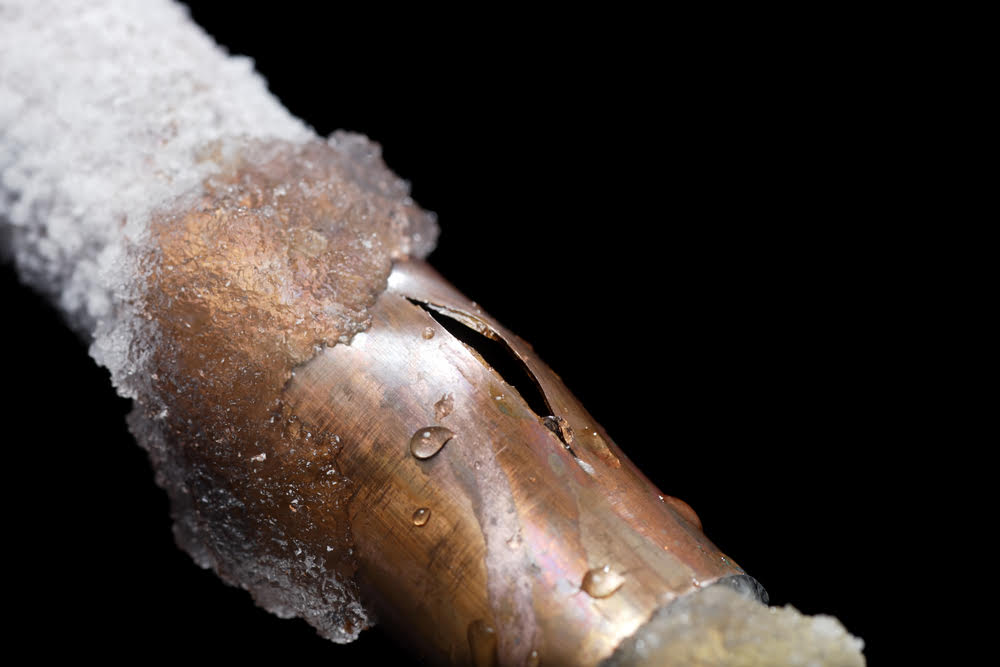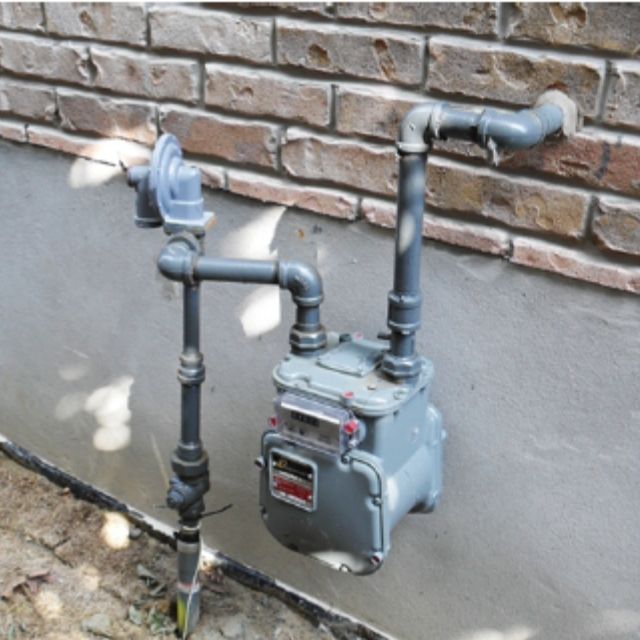Many homeowners grapple with the decision of whether to install a water softener or a whole-house filtration system. Each system offers distinct advantages and operates on separate principles to improve the quality of water. As this critical decision affects not only the water one drinks but also how it interacts with everything—from plumbing to laundry—it is important to have a proper understanding of both water systems.
Understanding Water Softeners
Water softeners are great for handling hard water issues in homes. They work through a process called ion exchange, where minerals like calcium and magnesium are swapped with sodium ions, which helps prevent problems like scale buildup in plumbing and appliances.
Using a water softener not only prevents scale but also improves the efficiency and lifespan of appliances such as washing machines, dishwashers, and water heaters. It also helps clothes and dishes come out cleaner by eliminating mineral spots left by hard water.
Additionally, regular maintenance is mandatory for water softeners. Homeowners need to refill the salt in the system to maintain its effectiveness. Without this upkeep, the softener’s performance can decline, potentially leading to hard water issues.
However, water softeners do not purify water or remove contaminants like chlorine or organic compounds. For comprehensive water treatment, a whole-house filtration system is needed in addition to the water softener.
Understanding Whole-House Filtration Systems
Whole-house filtration systems provide thorough water purification by targeting a wide range of contaminants. Unlike water softeners, which only address hard water issues, these systems focus on removing small particles and various chemicals. They are effective in filtering out sediment, chlorine, and volatile organic compounds, which can affect water taste and health.
These systems typically use multiple filters, each designed to capture different types of contaminants. This multi-stage process ensures that water from every tap is cleaner and safer for consumption and use.
Installed directly on the main water line, whole-house filtration systems treat water as it enters the home. This setup guarantees consistent water quality throughout the house, so homeowners can use water confidently for drinking, cooking, and cleaning.
Regular maintenance is also necessary to keep the filtration system working effectively. Replacing filters as recommended by the manufacturer helps maintain performance and extends the system’s lifespan. Failing to do so can lead to reduced water quality and increased exposure to contaminants.
Comparing Water Softeners and Whole-House Filtration Systems
Choosing between water softeners and whole-house filtration systems depends on the specific water quality issues in a home. Water softeners are excellent for addressing hard water problems by using ion exchange to remove calcium and magnesium. This process helps prevent scale buildup and extends the life of appliances. However, water softeners do not address other contaminants such as chlorine or lead.
On the other hand, whole-house filtration systems offer a broader approach to water purification. They use various filters to remove a wide range of contaminants, including sediment, chlorine, and volatile organic compounds. By treating water before it reaches any faucet, these systems ensure that all water in the home is cleaner and safer for consumption and use.
Water softeners focus on preventing the effects of hard water, while whole-house filtration systems provide overall water quality improvement. The best option for a home depends on whether the primary concern is hard water or a broader range of water contaminants.
Choosing the Right System for Your Home
Homeowners should consider their water’s specific conditions and their treatment goals when choosing a system. If hard water is the main issue, a water softener is ideal as it specifically targets the minerals that cause scale and appliance inefficiency.
For concerns about a range of pollutants, a whole-house filtration system is a better choice. It provides comprehensive removal of various contaminants, ensuring cleaner and better-tasting water throughout the home.
Maintenance and operating costs should also be considered when making a decision. Water softeners require regular salt refills, while filtration systems mostly need periodic filter replacements. The choice should match the water quality concerns and the homeowner’s willingness to maintain the system. Professional water analysis can help determine whether a water softener or a whole-house filtration system is best suited for your needs.
Quality Water You Can Trust
At Keemer Plumbing, we specialize in providing tailored solutions to meet your unique water treatment needs. Our experienced team is ready to assist you in selecting and installing the best system for your home. Contact us today to ensure you have the clean, soft water you deserve and to keep your plumbing in top condition!





